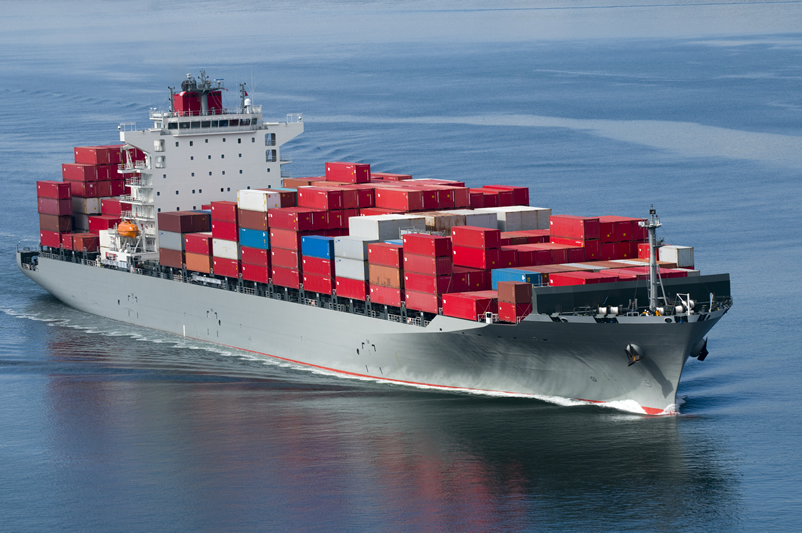European Maritime Industry Gears Up For Emission Fees
6
Beginning in January 2023, the shipping sector became a part of the European Union's Emissions Trading System, leading to substantial emission-related costs for ships transporting various goods in and out of the EU. This marks the world's first extensive carbon charge initiative for international shipping and aligns with the EU's environmental agenda to combat climate change. However, while these fees are significant, they may not be potent enough to trigger an immediate transition to cleaner marine fuels.

The maritime industry will integrate with the EU's Emissions Trading System, imposing carbon emission expenses on large vessels, potentially running into hundreds of millions of dollars for some major freight companies.
To illustrate how this system operates: A ship transporting 5,000 standard-sized containers between the EU and Asia in a year generates around 40,000 tons of CO2. Since a portion of these emissions occurs outside of Europe, only half of them require coverage. Consequently, costs will be incurred for 20,000 tons of CO2, along with an additional 2,500 tons while the ship is in European ports. In the first year, 40% of qualifying emissions will be subject to charges. Using a carbon price of 90 euros per ton, this would amount to €810,000.
By 2025, when 70% of emissions must be accounted for, these costs will rise to 1.4 million, and by 2026, when all emissions are chargeable (assuming a 90-euro carbon price), they will reach 2 million. Additionally, the EU will enforce the FuelEU Maritime regulation in 2025, which is designed to encourage shippers to adopt cleaner fuels. This regulation establishes maximum limits on the annual greenhouse gas intensity of energy used by vessels, with increasingly stringent targets over time.
Shipping and Marine emissions are very much in the spotlight and will be at the forefront of all involved with the sector from global manufacturers, ship builders, cargo handling, operators and governments. This will make emissions monitoring even more vital as a key element across aspects of reporting of greenhouse gas emissions. The Protea range of systems available are designed to provide accurate, ongoing and real time measurement of all emissions relating to a vessel's propulsion and power generation system.
#protea #emissions #monitoring #cems #ftir #gas #analysers #shipping #marine
Other Articles
Carbon Capture Utilisation & Storage (CCUS) In 2026
16
Global Underground CO2 Storage Data Offers Hope Amid Rising Emissions
01
IMO Postpones Adoption Of Global Net-Zero Shipping Framework
04
Pioneering Carbon Capture Projects Ready For Construction
03
Methanol & Ammonia Deemed Ready As Zero-Emission Shipping Fuels
01
Carbon Capture Storage Reaching A Turning Point In Decarbonisation
13
CCS To Capture 15% Of Shipboard Carbon Emissions By 2050
29
Global Shipping Industry Struggles To Navigate Net Zero Transition
21
Carbon Capture Surges as Economics Policy & Industry Demand Align
14
GHG Emissions At Ports On The Rise Despite Initiatives
07
